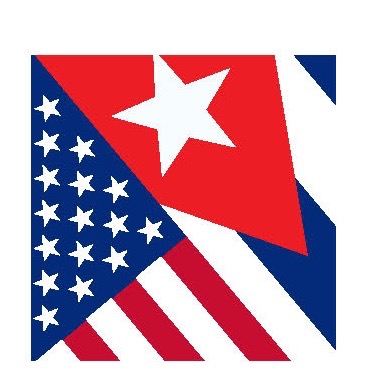You are traveling to Cuba with a very special mission: to meet and interact with Cuban professionals and ordinary people. Our delegations have a particular emphasis on Cuban national parks, archaeological sites, and UNESCO world heritage sites. You will have ample opportunity for cultural and intellectual exchanges.
We ask you to be respectful of the laws as set forth both by the U.S. and the Cuban authorities. Please be sensitive to the political situation in Cuba. Cuba is a Communist country. As visitors we are expected to abide by Cuban laws. We encourage you to speak to as many people as possible and exchange ideas with them without being confrontational. You may, of course, engage in political discussions, but it is considered rude to criticize the government or its leaders.
Until about 30 years ago the Cuban economy was, practically speaking, guaranteed by the Soviet Union. More than 80% of Cuba’s agricultural production was absorbed by the Soviet block in exchange for Soviet technology and oil.
When the Soviet Union collapsed in 1990, the consequences were disastrous: from one day to the next there was no market for Cuban products and no fuel. The entire infrastructure of Cuba began to crumble. Anywhere else in the world there would have been a social collapse, but Cuba already had a contingency plan, based on the possibility of a United States military blockade. The plan was put into immediate effect in what the Cubans refer to as “the special period in a time of peace”.
Bullocks replaced tractors; bicycles and horse-drawn carriages replaced automobiles and buses. Families were reduced from a middle class standard of living to virtual poverty. The last 30 years have demanded major political and social adjustments. Lifestyles changed. Eating habits changed.
Funds that ordinarily would have been channeled to social services were diverted to build an impressive tourist infrastructure.
The Cuban people have learned to live with two parallel economies: one designed for the tourists and the other for Cubans. Strict laws have been introduced to curb corruption, the black market and prostitution. Most Cubans understand and accept these economic measures.
Over the past few years, the Cuban government has allowed a new category of enterprise: cuentapropista – the small business owner. Many visitors are still shocked by the apparent disparity of this economic divide, which is reducing in some areas and increasing in others.
Then along came COVID and Donald Trump who essentially shut the doors for Americans to travel to Cuba. Cuba is experiencing a social and economic crisis far worse than the special period. We will see firsthand the difficulties the Cuban people suffer daily. Our presence is a small grain of support to the private sector.
Please avoid making promises or building expectations that you may not be able to keep. From a visitor’s perspective, what might seem like a gesture of kindness and generosity may feel humiliating to the recipient, or create a sense of dependency on begging from tourists. Please do not give gifts to children in the streets.
If any concern arises that you feel might affect the overall program, please advise one of the delegation coordinators as soon as possible and let her/him deal with it. Prevention is a lot easier than damage control.
Updated June, 2025
